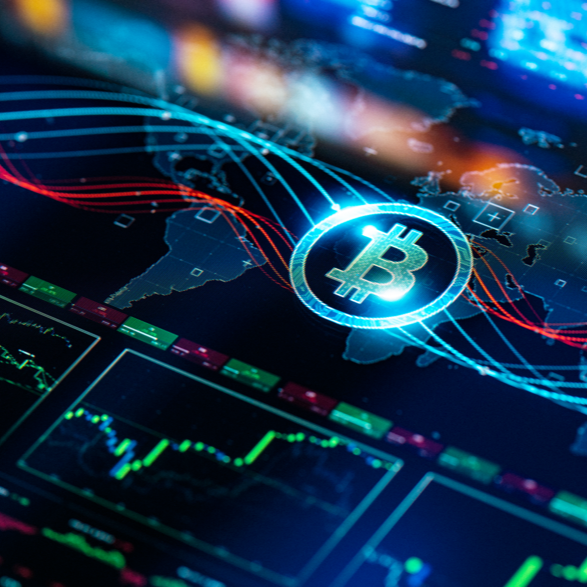
Uno degli slogan più storici del movimento legato a Bitcoin è “Not Your Keys, Not Your Coins” ovvero se non hai il pieno possesso delle chiavi (password e seed phrase) del tuo wallet non possiedi realmente le tue criptovalute. In altre parole, se conservi le tue cripto su un excange centralizzato – o qualsiasi servizio di custodia di terze parti – sostanzialmente non sono tue; è lo stesso principio dei conti correnti bancari: i soldi in banca non sono tuoi, ma allo stesso tempo tu hai un credito verso la banca per il controvalore dei tuoi depositi. La sicurezza intrinseca delle blockchain non è esattamente ripresa dalla sicurezza degli exchange centralizzati, per cui i meno validi ed attenti sono stati “saccheggiati” più volte. Si son diffuse, perciò, soluzioni di wallet personali online o offline, chiavette e servizi vari. In questo quadro il wallet Metamask è un’estensione del browser Chrome che permette di operare in autonomia su una serie di reti crypto a partire da Ethereum ed è sostanzialmente la porta per entrare nei metaversi e in ambienti di gioco o applicazioni che non richiedono i dati ma identificano la persona in base al suo wallet e regoleranno tutte le operazioni nei confronti di chi dimostra di avere le chiavi del wallet stesso.
Metamask ha un ruolo molto importante nella DEFI in quanto permette di scambiare token all’ interno dell’ app, collegarsi con specifiche pool o servizi di DEFI ma per esempio non si collega con alcune chain specifiche, tra le più note Solana, e non permette di visualizzare direttamente i propri NFT, è però di uso immediato, di grande diffusione (sinonimo di sicurezza). Metamask è anche un portafoglio EVM (Ethereum Virtual Machine) , quindi per poter essere utilizzata una rete deve essere compatibile con Ethereum, o meglio con la EVM utilizzando Solidity come linguaggio.
